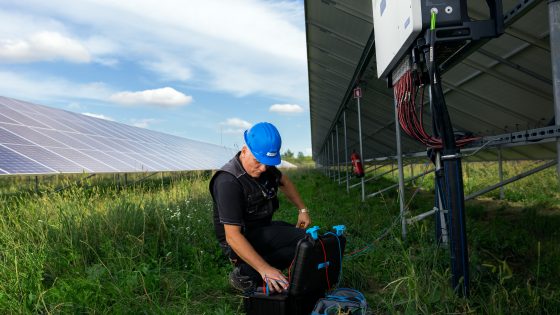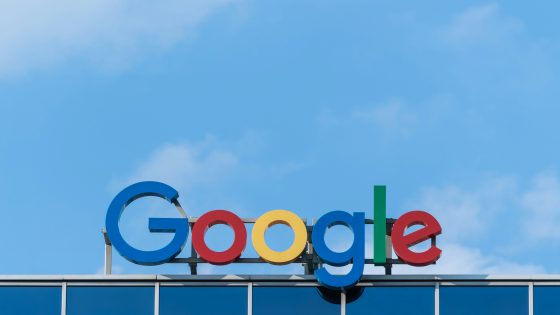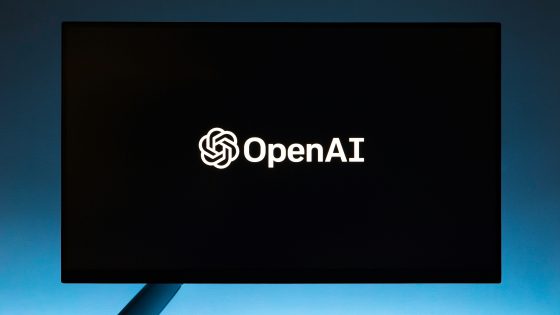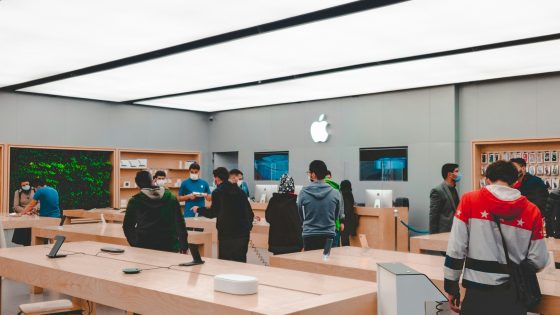Artificial intelligence will become less predictable
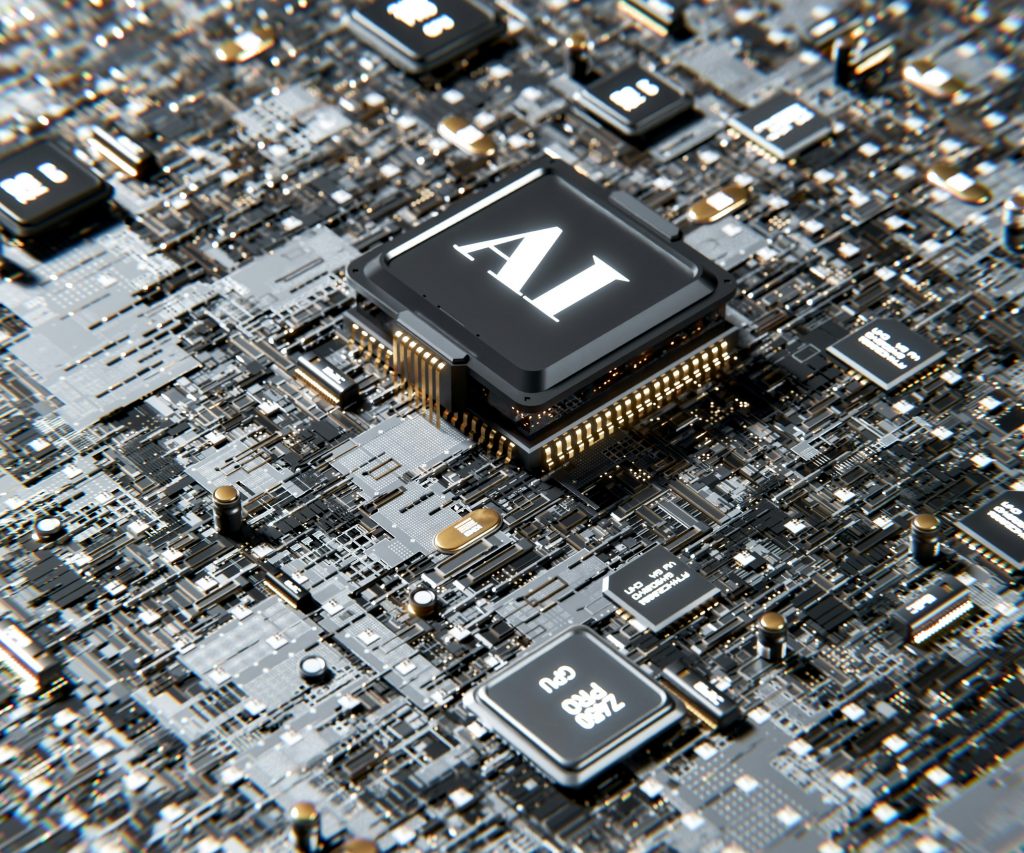
Former OpenAI chief scientist Ilya Sutskever, one of the biggest names in artificial intelligence, has a bold prediction – due to the ability to reason, AI technology will eventually become much less predictable.
Accepting the “Test Of Time” award for a paper he co-wrote with Oriol Vinyals and Quoc Le in 2014, Sutskever said that a big change is on the horizon for AI. The idea his team explored a decade ago, that increasing the amount of data to “pre-train” AI systems would send them to new heights, was starting to reach its limits, he said. More data and computing power led to ChatGPT, which OpenAI launched in 2022 to great acclaim.
“But pre-learning as we know it is definitely coming to an end,” Sutskever told thousands of attendees at the NeurIPS conference in Vancouver. “While the number of computers is increasing, the amount of data is not, because we only have one internet.”
Sutskever offered some ways to push the boundaries despite this dilemma. He said the technology could generate new data itself, and AI models could evaluate multiple answers before deciding on the best answer for the user, improving accuracy. Other scientists and some companies have also turned to collecting real-world data. Niantic, the developer of Pokemon Go, wants to take advantage of all the data its players collect on their phones as they move around and explore their surroundings in search of Pokemon monsters.
He also predicted the arrival of superintelligent machines, which he believes are inevitable. Sutskever was involved in the removal of Sam Altman from OpenAI, an action he regretted a few days later. He left the company and founded Safe Superintelligence Inc. this year.
According to him, AI agents, long in the making, will come to life in this future era, with deeper understanding and self-awareness. He said AI will solve problems just like humans. But he warns of a loophole. “The more it thinks, the more unpredictable it will become,” he said.







